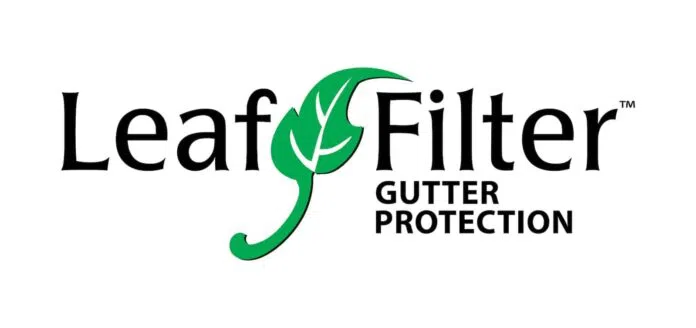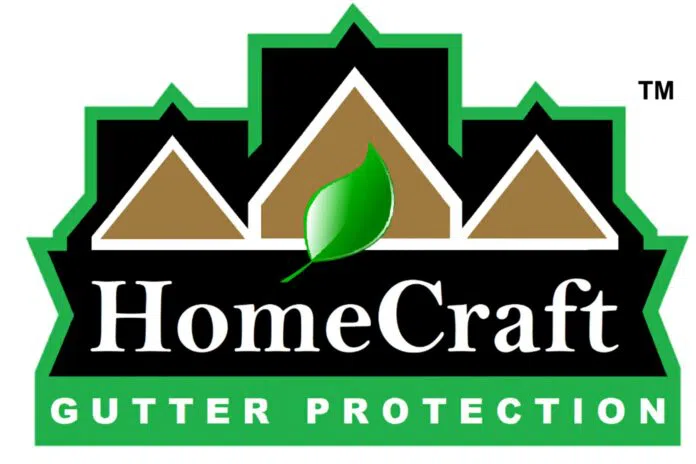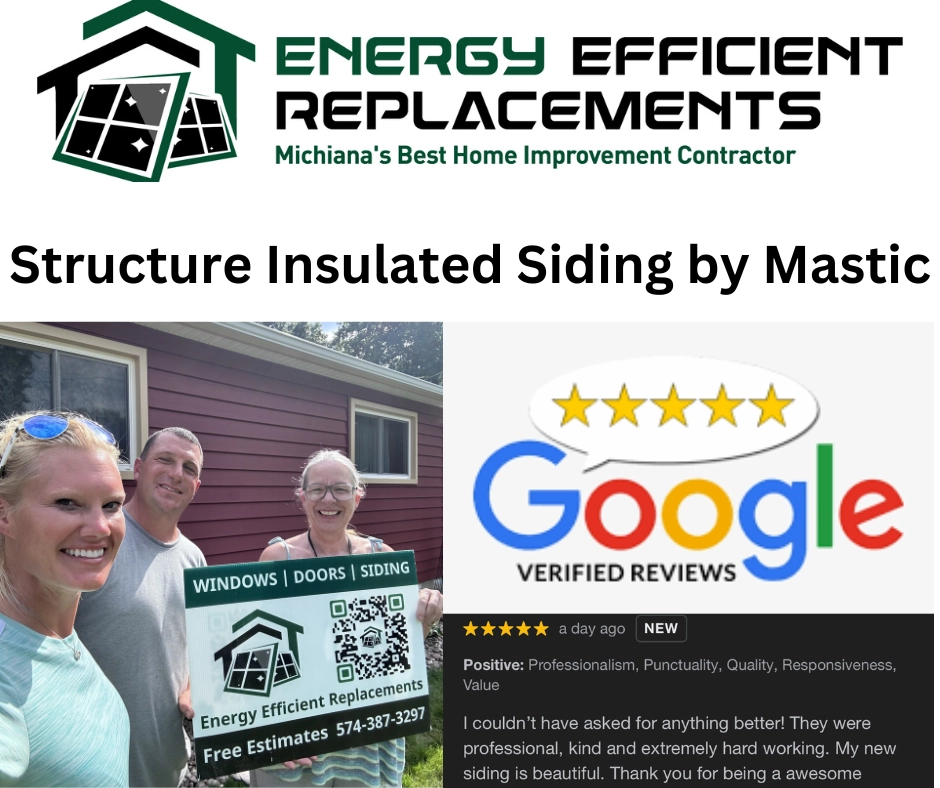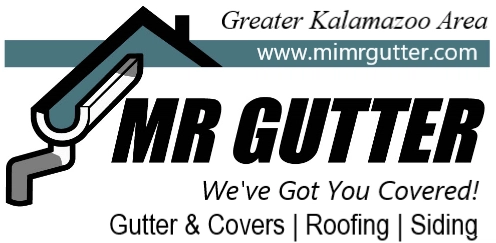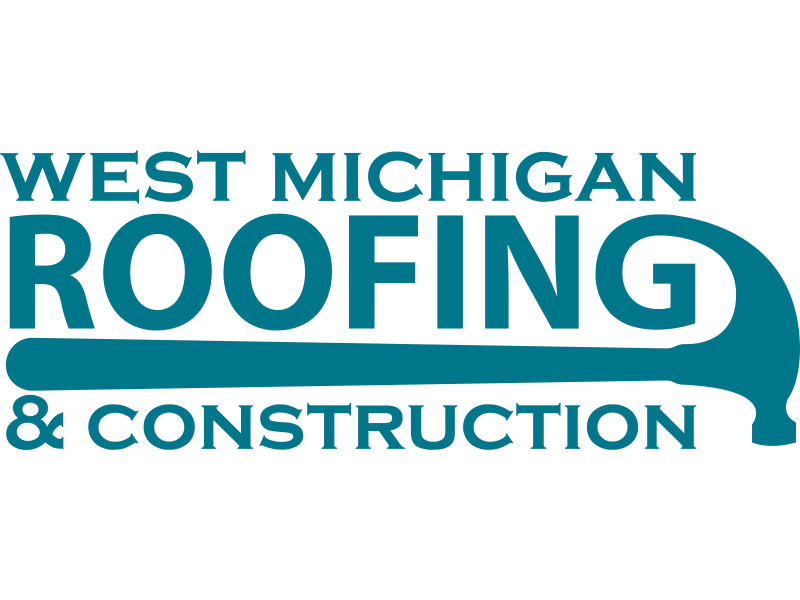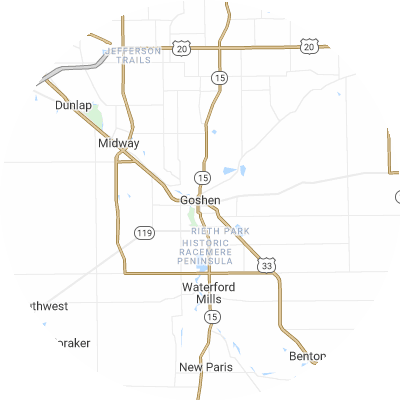Signs You May Need Gutter Guards
Gutter guards aren't required for all homes, but the signs of clogged and overflowing gutters are clear. Indicators of ongoing gutter troubles are:
- Frequent clogs that lead to overflow and water spilling over gutters
- Mold growth, interior wall stains, or peeling exterior paint on walls near gutters.
- Visibly saggy, damaged, or misaligned gutters that no longer correctly direct rainwater
- Leaky seams or joints where water leaks out of gutters
- Soggy ground or visible erosion around your home's foundation
How To Choose a Gutter Guard Installer
Assess Their Experience
When choosing an installation company, look for one with considerable experience and knowledge about numerous brands and guard types. A company with experience will understand how to take measurements and fit gutter guards for your specific needs. Ask about a provider's years of experience and request referrals from local customers.
Verify Proper Licensing and Insurance
Always verify your gutter guard installers are properly licensed, bonded, and maintain workers compensation and general liability insurance. This protects you from liability for any injuries or accidents that might happen. Ask to see current licensing and insurance papers when talking with potential providers.
Choose Reputable Brands
Look for companies that provide leading gutter guard brands like LeafFilter and Gutter Helmet. Avoid companies that offer only their own off-brands or generic no-name guards, which may not have undergone rigorous quality control testing.
Seek Custom Fit Services
For the best performance, gutter guards should have to be measured and fitted on-site to match your gutters. Pick a company that takes custom measurements and trims guards for your home instead of using universal guards. Correctly-fitted guards avoid debris-trapping gaps.
Examine Warranties
Leading gutter guard companies typically offer 20-year or lifetime warranties for clogs, rust, leaks, and other problems. Before choosing a company, carefully review the warranty terms for materials and workmanship guarantees. Warranties are the most effective means of protecting your gutter investment.
Check Reviews and Referrals
Be sure to check online reviews on sites like Yelp, Google Reviews, or the Better Business Bureau (BBB) to see what customers say about their experience. You can also ask your neighbors who they would recommend for quality gutter guard businesses in your area. When researching potential providers, we recommend selecting companies with positive reviews consistently over time rather than just one or two reviews.
Types of Gutter Guards
There are six primary types of gutter guards. These include the following:
- Foam guards consist of pieces of foam that sit in your gutters to catch debris. They're lightweight and easy to install. On average, you can expect to pay $2.45 per linear foot for foam guards.
- Brush guards are precisely what they sound like: large brush bristles that sit in your gutters and block debris while letting water through. Brush guards cost roughly $4.03 per linear foot.
- Screen guards have large holes that let water through while keeping debris out. Screen guards cost around $4.01 per linear foot.
- Mesh guards stop debris but allow water to flow through. Mesh guards have even smaller holes than screen guards. They're durable and let debris slide off rather than sitting on top of the gutters. On average, you can expect to pay $3.84 per linear foot for mesh guards.
- Micro-mesh guards have even smaller holes than mesh guards and let even less debris through than mesh. These guards are very effective. Micro-mesh guards cost roughly $4.94 per linear foot.
- Surface tension guards, sometimes called reverse curve guards, use surface tension to let debris slide off while water flows through into the gutter. They can usually be seen from the ground. Surface tension guards cost around $2.96 per linear foot.

